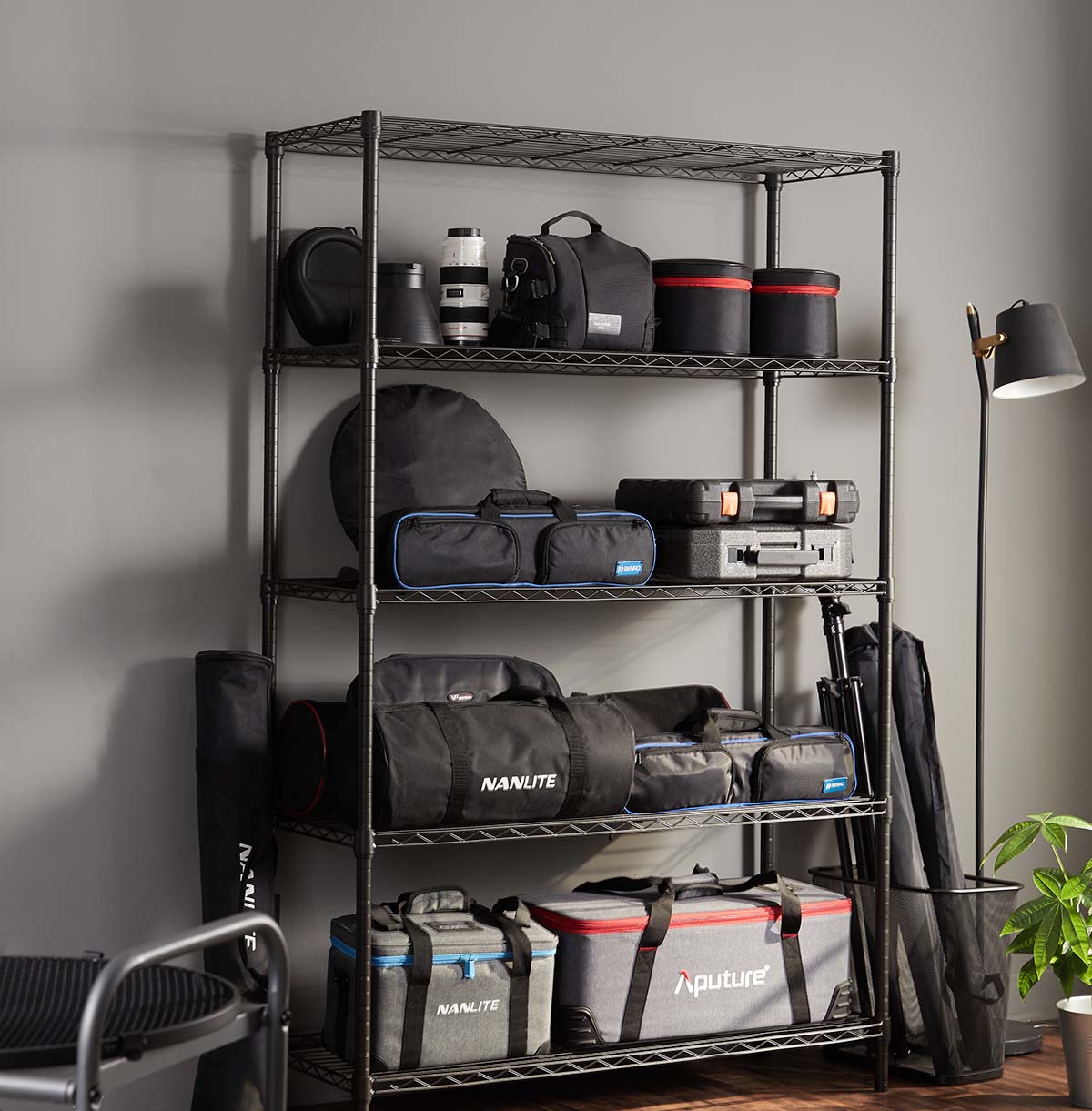Time:2023-11-17 source:other news Popular:display shelving wholesaler Views:568

1. Application of computer technology
Inspired by companies such as Amazon and Alibaba, process automation will become the central stage - not only using physical robots that replicate human actions, but also using robot application software and cognitive computing services such as artificial intelligence and machine learning. In terms of data, this will bring about significant changes, allowing staff to focus on truly critical tasks. When robot process automation is combined with artificial intelligence cognitive analysis, it can enable programs to make business decisions like humans.
2. Predictive Maintenance
The integration of various technologies is impacting traditional maintenance concepts. Before the emergence of the Internet of Things (IoT), maintenance had always been a passive process, waiting for device failures and then fixing them. Nowadays, various technology combinations, including Enterprise Asset Management (EAM), Digital Twin, sensors, RFID tags, intelligent supply chain, and AI, enable enterprises to gain unprecedented insights into the lifecycle of products, components, and even materials. Using these technologies, devices can not only tell enterprises when maintenance, repair, or upgrade is needed, but also predict when they will fail, enabling end-to-end lifecycle management. Warehouses around the world are increasingly adopting proactive maintenance processes to reduce the occurrence of costly equipment failures. Of course, the same method can also be used to protect perishable goods.
Read recommendations:
3-Tier Washing Machine Storage Rack with Wood Top / Laundry Room Shelf Over The Washing Machine
4 tier steel wire shelf Manufacturing
Daily maintenance methods for warehouse shelves.wire shelving unit home depot
Last article:wire mesh shelving unit wholesaler.What does the logistics industry do to make logistics faster
Next article:wire shelving unit with wheels manufacture.What are the necessary intelligent devices in an intellig
Popular Recommended Products
5-Tier Book Shelf / book storage rack / adjustable book case
2022-11-152-Tier Wire Metal Shelving For Living Room / Metal Display Shelving / Metal End Tables
2022-11-08MZG Steel Storage Shelving 4-Tier Narrow, Grey
2023-10-254 tier wire shelving unit company
2022-11-164 tier metal bookself manufacture
2022-11-09What are the advantages of warehouse supermarket shelves.metal bathroom shelves freestanding
2023-09-08wire storage racks with wheels manufacture.How to reduce costs in the process of enterprise warehous
2023-11-21white metal garage shelving Factory.What are the most widely used areas of intelligent warehousing s
2023-11-10Rack factory attic type rack structure design detail
2024-03-18The storage advantages and characteristics of the attic shelves
2023-02-083 tier wire shelving unit sales
2023-03-25white wire shelving unit Factory
2023-04-12microwave stand countertop Manufacturing
2023-04-12slim shelf with wheels wholesale
2023-03-25